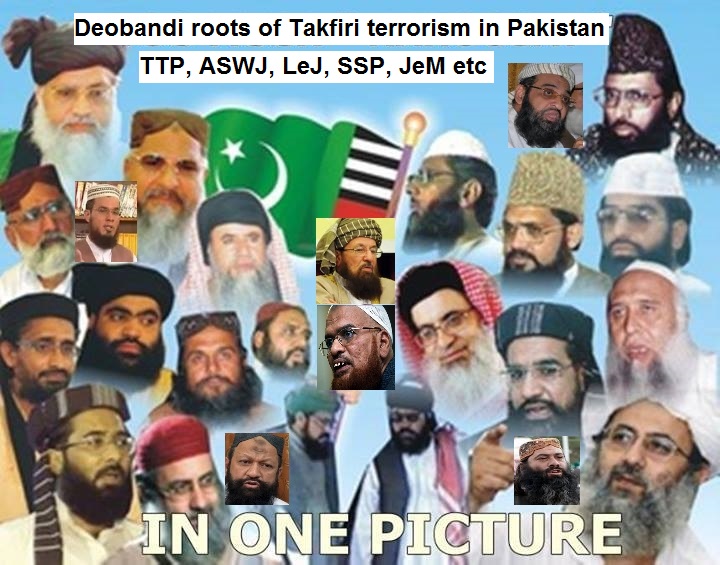British scholars and policy makers should not legitimize extremist Deobandis – by Samuel Westrop
In her book, Muslims in Britain, Gilliat-Ray writes about Al-Kawthari, his theological rulings and his connection to the Deobandi movement:
“An influential young Bury graduate in Britain today is Mufti Muhammad ibn Adam al-Kawthari … he went on to specialize in the issuing of fatawa, thus continuing a well-established Deobandi tradition. … he advises British Muslims about a wide range of religious matters. By placing the questions and his responses on the worldwide web, he is simply using modern technological methods to undertake the traditional Deobandi practice of documenting their fatawa.”
In 2007, The Times reported about the spread of the Deobandi movement in Britain:
“Almost half of Britain’s mosques are under the control of a hard-line Islamic sect whose leading preacher loathes Western values and has called on Muslims to “shed blood” for Allah, an investigation by The Times has found. Riyadh ul Haq, who supports armed jihad and preaches contempt for Jews, Christians and Hindus, is in line to become the spiritual leader of the Deobandi sect in Britain. The ultra-conservative movement, which gave birth to the Taleban in Afghanistan, now runs more than 600 of Britain’s 1,350 mosques, according to a police report.”
On 10 February, the East London Mosque barred Al-Kawthari from speaking on its premises, on the grounds that the cleric’s views were too extreme. The East London Mosque itself is a notorious platform for extremist Deobandi and semi-Salafi speakers. Just recently, in December, the East London Mosque hosted Shakeel Begg, who describes jihad as “the greatest of deeds.”
Why is a preacher too extreme for the infamously extreme East London Mosque an acceptable choice of speaker for a Welsh academic who is tasked with preventing religious extremism?
It would appear that policymakers and academics alike believe that radical Islamism can actually be countered with the aid of conservative clerics. The author Dr. Mark Durie, for instance, has noted that the British government has a history of obtaining theological rulings (from Deobandi and Salafi clerics) against religious violence.
Sophie Gilliat-Ray, herself a member of a British government task force on “Preventing Extremism”, apparently believes that the Deobandi movement (and thus Kawthari) is an important ally in this fight. This is despite the wealth of evidence connecting the Deobandi movement to terrorism abroad (such as, in the shape of Taliban and Sipah-e-Sahaba in Pakistan) and to extremism in Britain.
Source: Adapted with minor edits from http://www.gatestoneinstitute.org/4178/cardiff-university-kawthari


My coder is trying to persuade me to move to .net from PHP. I have always disliked the idea because of the costs. But he’s tryiong none the less. I’ve been using WordPress on numerous websites for about a year and am worried about switching to another platform. I have heard good things about blogengine.net. Is there a way I can transfer all my wordpress content into it? Any kind of help would be really appreciated!
The seventh Air Jordan combines with Nike’s N7 program benefiting sports funding for Native American communities with the upcoming Air Jordan 7 Retro N7. And although we haven’t even caught a glimpse of the shoe yet, we do now know when it will release. Sure to be the most anticipated and sought after N7 release ever, the Air Jordan 7 will release on June 3rd, 2015. Sorry, still no picture to share yet, but we do know that it will come in the following colorway: White/Dark Turquoise/Black/Ice Cube Blue. Stay tuned to Sneaker News for the unveiling of the Air Jordan 7 N7, and until then, don’t forget to add June 3rd to your release date memory bank.